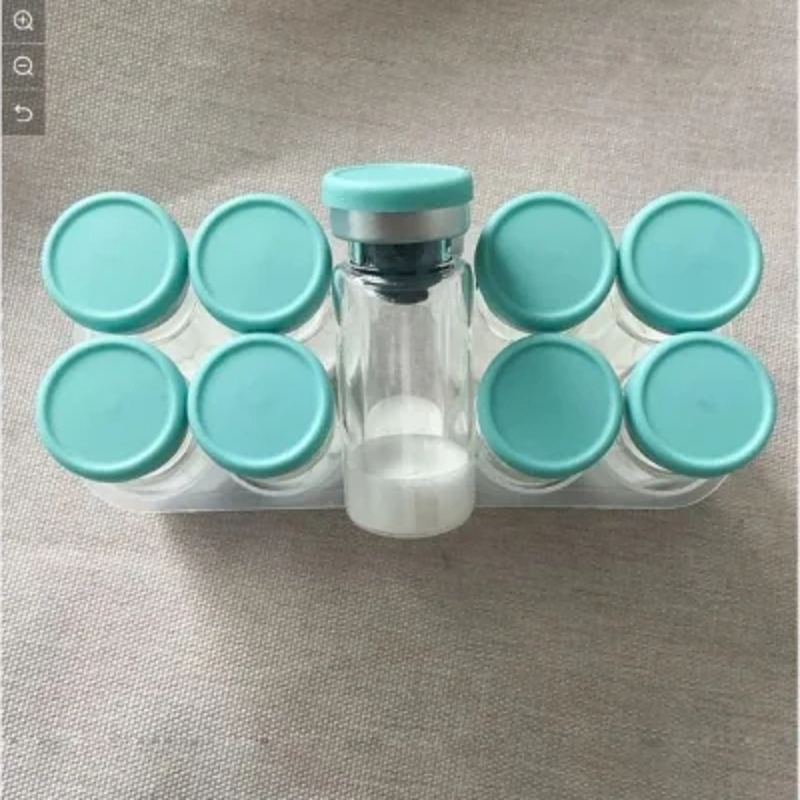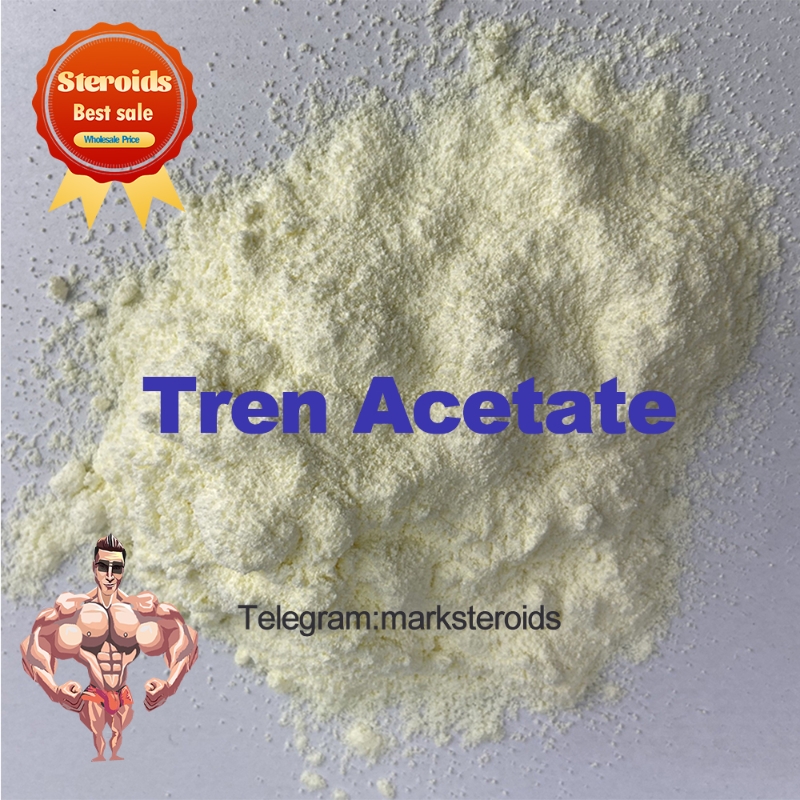-
Categories
-
Pharmaceutical Intermediates
-
Active Pharmaceutical Ingredients
-
Food Additives
- Industrial Coatings
- Agrochemicals
- Dyes and Pigments
- Surfactant
- Flavors and Fragrances
- Chemical Reagents
- Catalyst and Auxiliary
- Natural Products
- Inorganic Chemistry
-
Organic Chemistry
-
Biochemical Engineering
- Analytical Chemistry
-
Cosmetic Ingredient
- Water Treatment Chemical
-
Pharmaceutical Intermediates
Promotion
ECHEMI Mall
Wholesale
Weekly Price
Exhibition
News
-
Trade Service
2,6-Dichloro-3,5-dimethoxyaniline, commonly referred to as DCMU, is a synthetic chemical compound that is widely used in various industries, including the chemical and pharmaceutical industries.
In these industries, DCMU is used as an intermediate or building block chemical to produce a variety of downstream products.
In this article, we will explore the upstream and downstream products of DCMU in the chemical industry.
Upstream Products of DCMU
The production of DCMU involves several upstream processes, including the synthesis of 2,6-dichloroaniline (DCA) and the reaction of DCA with formaldehyde to produce DCMU.
The production of DCA involves several steps, including the reaction of chloraniline with sodium or alkaline hydroxide to form N-chloro-p-toluidine, followed by the conversion of N-chloro-p-toluidine to DCA through several chemical reactions.
The production of DCMU involves the reaction of DCA with formaldehyde in the presence of a catalyst, such as aluminum chloride.
Downstream Products of DCMU
DCMU is a versatile chemical that can be converted into a wide range of downstream products in the chemical and pharmaceutical industries.
One of the most common downstream products of DCMU is dichloroacetic acid (DCAA), which is used as a reagent in the production of various chemicals and pharmaceuticals.
DCAA is also used in the production of herbicides, insecticides, and fungicides.
Another important downstream product of DCMU is 2,6-dichlorophenol (DCP), which is used as a precursor in the production of phenolic resins, which are used in the production of composite materials, coatings, and adhesives.
DCP is also used in the production of certain drugs, such as antibiotics and anti-inflammatory drugs.
The production of these downstream products involves several chemical reactions and processing steps.
For example, the production of DCP involves the conversion of DCMU to DCP through several chemical reactions, including the reaction of DCMU with chloroform to form 2,6-dichloroaniline, followed by the reaction of 2,6-dichloroaniline with sodium hydroxide to produce DCP.
Applications of DCMU and its Downstream Products
DCMU and its downstream products have a wide range of applications in various industries, including the chemical, pharmaceutical, and agricultural industries.
In the chemical industry, DCMU and its downstream products are used in the production of a variety of chemicals and materials, such as phenolic resins, herbicides, insecticides, and fungicides.
In the pharmaceutical industry, DCMU and its downstream products are used as intermediates or active pharmaceutical ingredients (APIs) in the production of certain drugs, such as antibiotics and anti-inflammatory drugs.
DCP is used in the production of certain antibiotics, such as ciprofloxacin, while DCA is used as an intermediate in the production of certain anti-inflammatory drugs, such as ibuprofen.
In the agricultural industry, DCMU and its downstream products are used as herbicides, insecticides, and fungicides to protect crops from pests and diseases.
DCP is used in the production of certain herbicides and fungicides, while DCMU is used as an intermediate in the production of certain insecticides.
Economic Significance of DCMU and its Downstream Products
DCMU and its downstream products are econom







